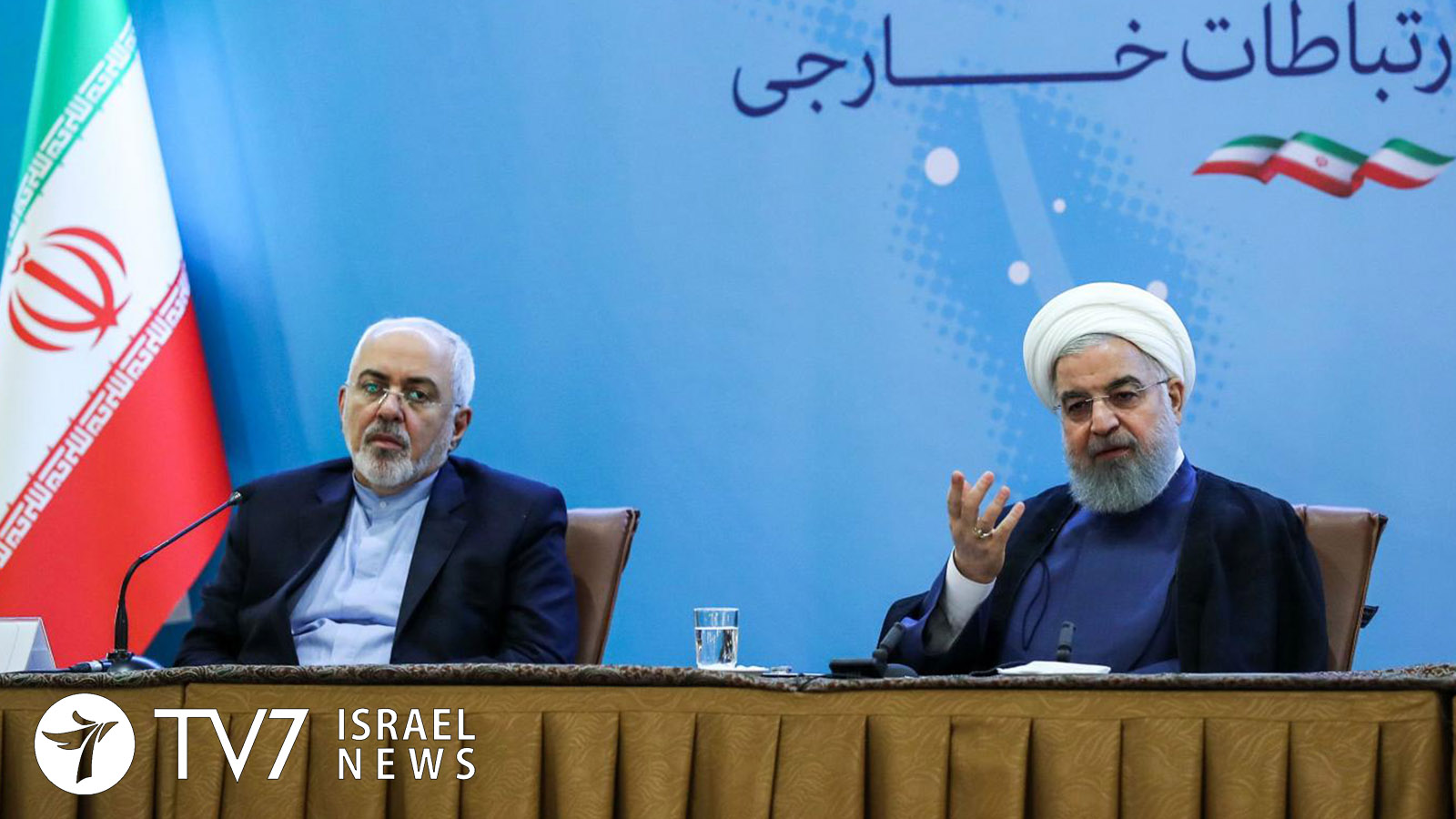While Israel seeks to bolster its freedom of operations on its northern frontier; its so-called primary-enemy Iran is facing an increase in both internal and international challenges. Amid growing economic pressure and domestic criticism of Tehran’s “persistent compliance” with the 2015 nuclear deal, following an American withdrawal; the Iranian architect of the multilateral agreement and the country’s top diplomat, Mohammad Javad Zarif, caused an uproar across the Islamic Republic when he unexpectedly announced his resignation on his Instagram account, on Monday. Zarif’s announcement came just one day after he laid-out his vision for Iran’s Foreign Policy – in an address to the University of Tehran, in which he deemed multilateralism “a key element” in his country’s success – a position Iranian hardliners vehemently oppose.
While Minister Zarif gave no reason for his decision, sources in Tehran reportedly claim that ‘his resignation was motivated by growing resistance to the nuclear agreement by Iranian hardliners, who attacked him regularly, and demanded his resignation.’
In an unprecedented turn of events, however, Iranian President Hassan Rouhani announced that he does not accept his Foreign Minister’s resignation, an American educated scholar who the Iranian leader referred to as ‘responsible for holding the front-line in Iran’s battle against the United States.’ In a speech to Iranian officials in Tehran, President Rouhani stressed the importance of perseverance amid Washington’s efforts to expand sanctions against the Islamic republic’s financial and oil sectors. According to the Iranian President “(What I have heard today) has given me a lot of hope despite the difficulties and problems we face today. As you know America has renewed its efforts to extend sanctions that target our banking system, our oil exports and impact other sectors in the economy (of Iran). Today our primary frontline against America is secured by the foreign ministry, the central bank and the oil ministry.”
While Iran’s army of ministers are engaged in sustaining the battered country from possible collapse, President Rouhani insisted that Foreign Minister Zarif, together with Tehran’s Central Bank Governor and Oil and Gas Minister, maintain the three most important positions in safeguarding the country from intensifying external pressures. “Of course, other ministers engaged in the economic sector from a second frontline (against America). But the primary frontline is about three key figures and I want to thank all three for their steadfastness and their efforts. I want to thank Dr. Zarif (Foreign Minister Mohammed Javad Zarif), Dr. Hemmati (Central Bank Governor Abdolnaser Hemmati) and Engineer Zanganeh (Oil Minister Bijan Zanganeh). They are figures who have stood in the primary frontline and continue to hold the line. Of course, our other economic institutions have also played a key role and have also been under pressure. But the main pressure has been faced by these three bodies,” President Rouhani said.
While in Jerusalem, Prime Minister Benjamin Netanyahu welcomed Zarif’s decision to resign, stressing in a statement released on his Twitter account that “as long as (Netanyahu continues to serve as Prime Minister), Iran won’t get nuclear weapons.” Israel’s main enemy within the Iranian establishment, Qassem Soleimani, the commander of the elite Quds Force of the Islamic Revolutionary Guards Corp, said that Zarif remains the main person in charge of Iranian foreign policy and he maintains the support of the Islamic republic’s Supreme Leader, Ayatollah Ali Khamenei.
